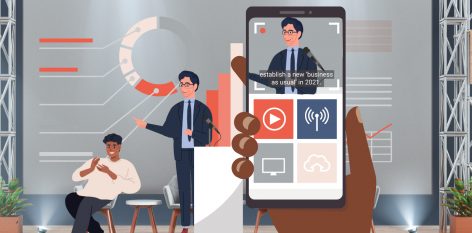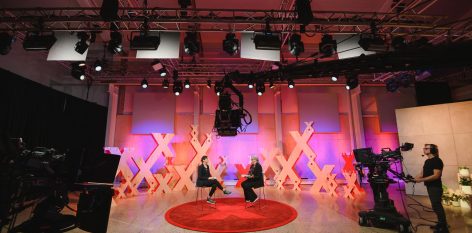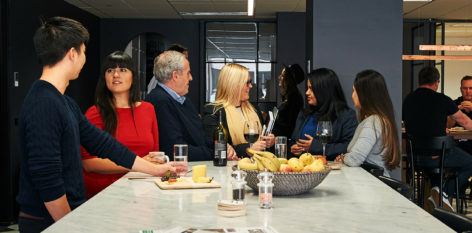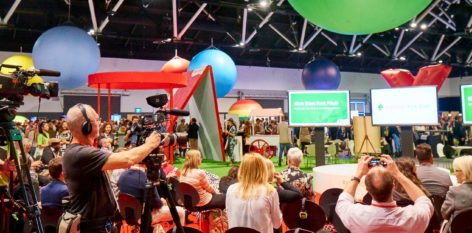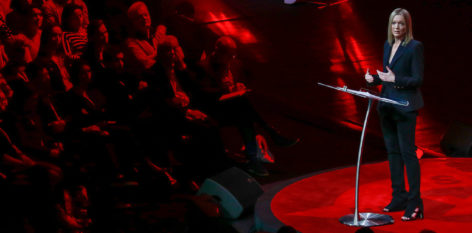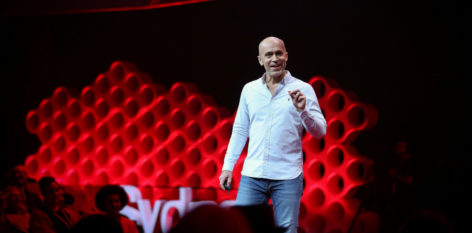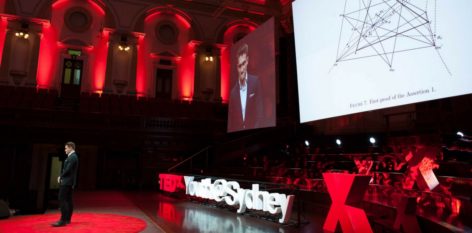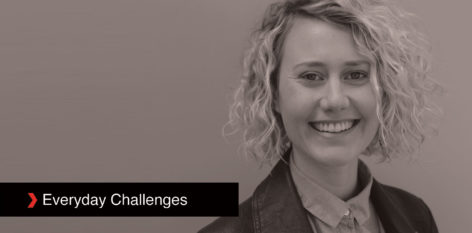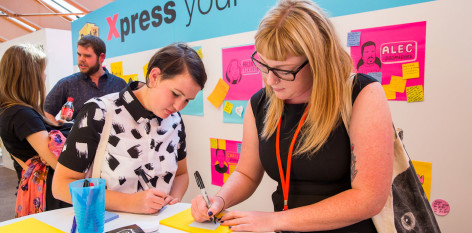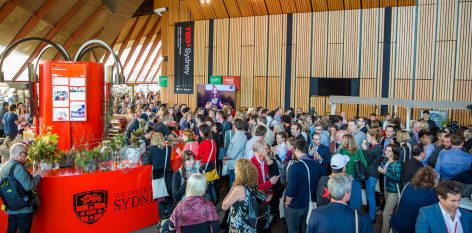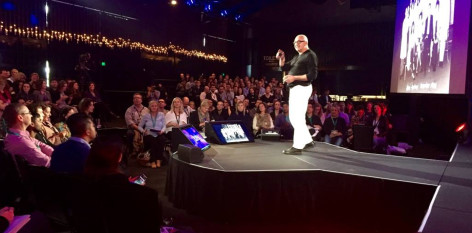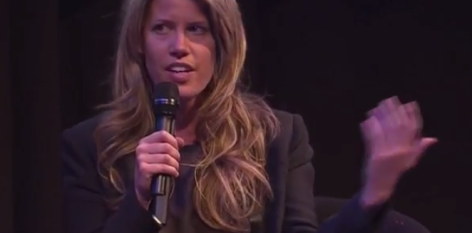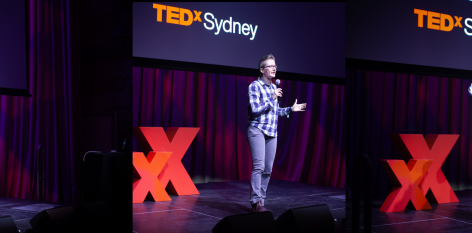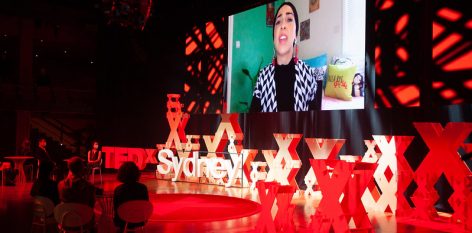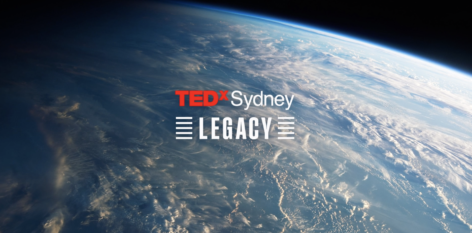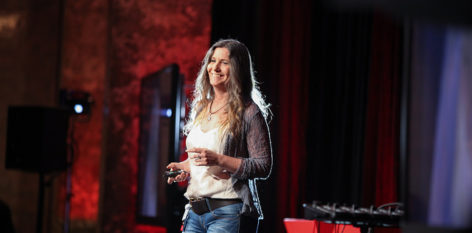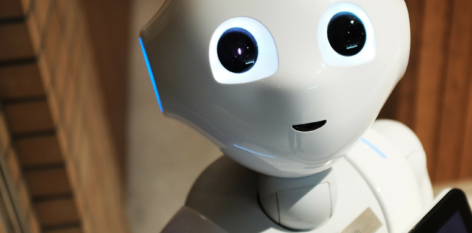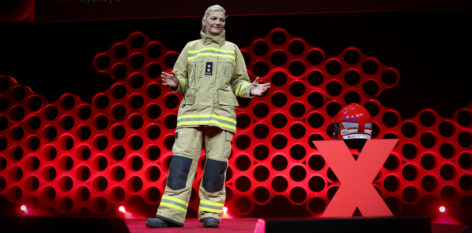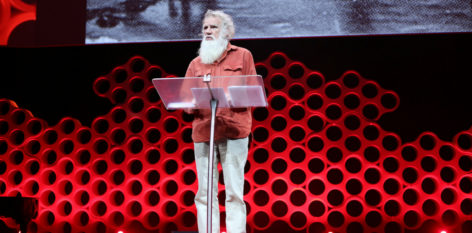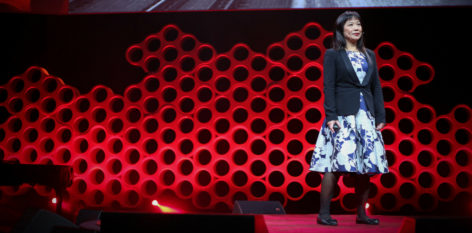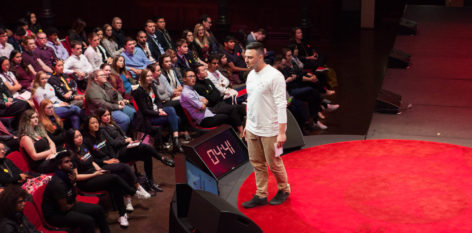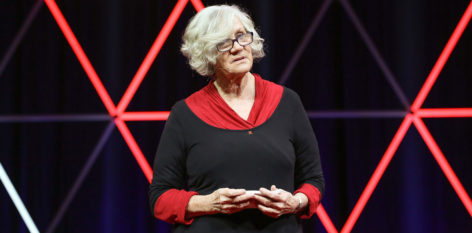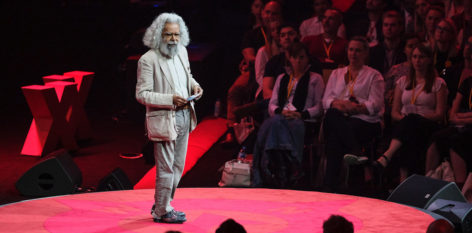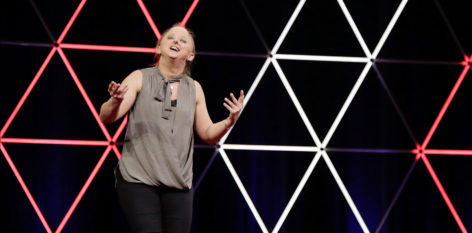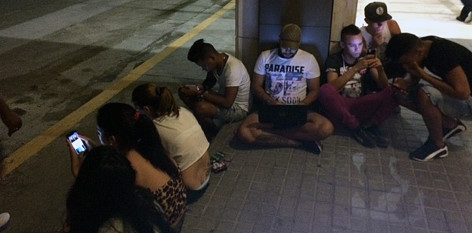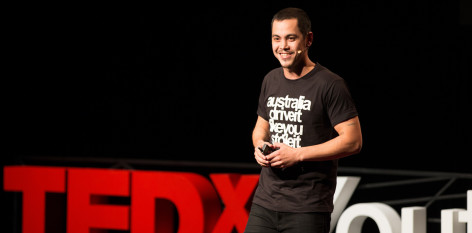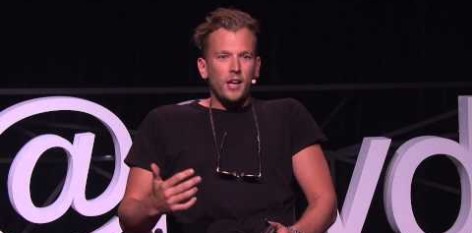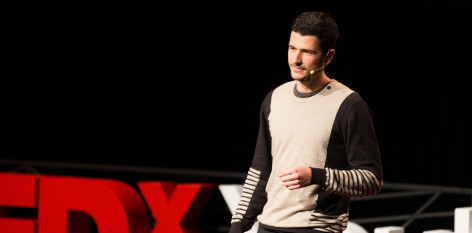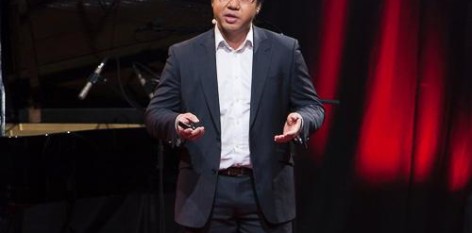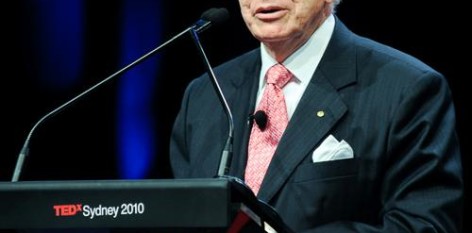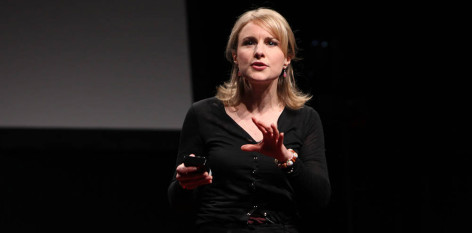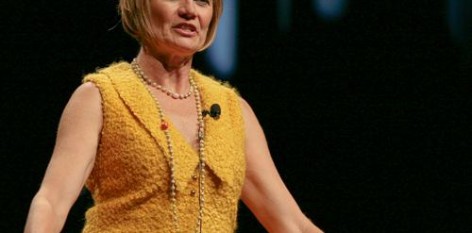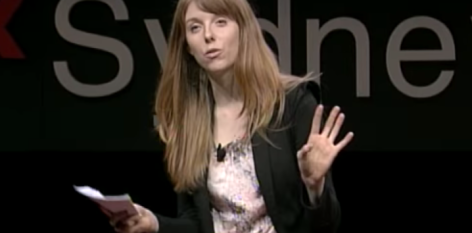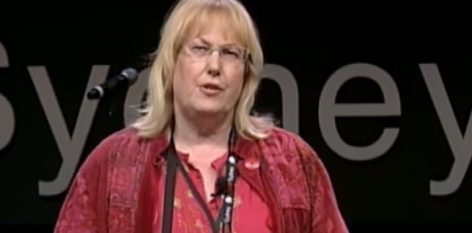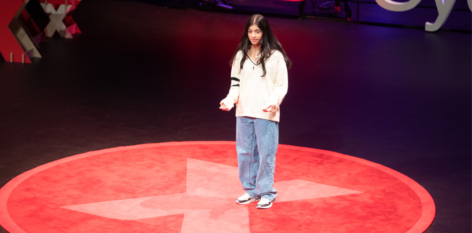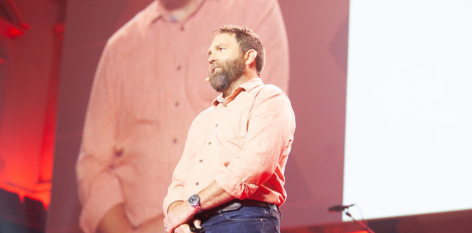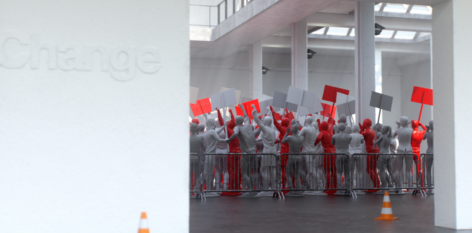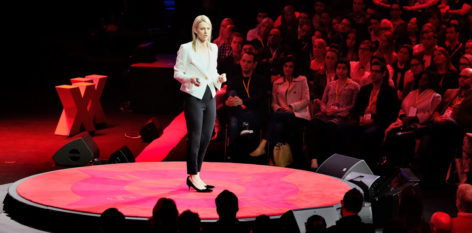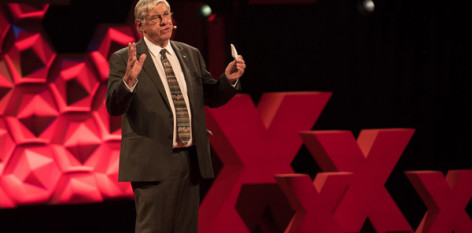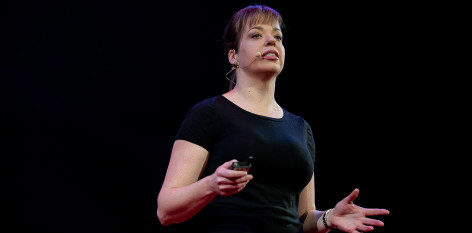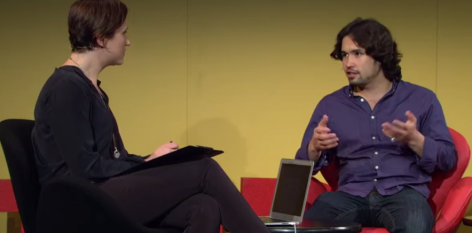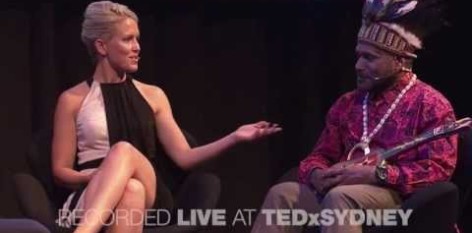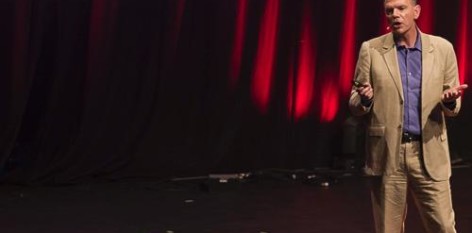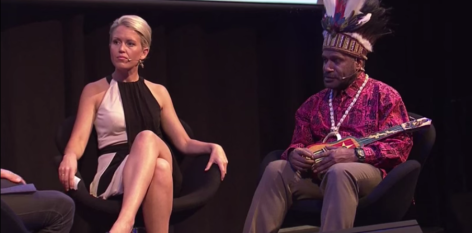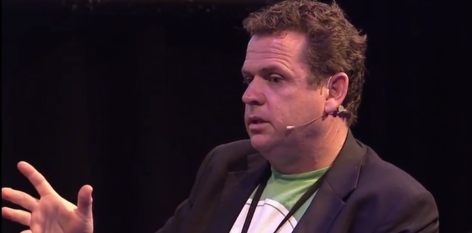Embracing hybrid workplaces
Hybrid work refers to people working flexibly from a combination of office sites, their home, or other remote locations.
While flexible work arrangements existed pre-pandemic, COVID-19 accelerated the frequency and extent of these arrangements. This has become a catalyst for employees to re-examine their relationship with work – not only how, when, and where but why they work. According to the 2021 Microsoft Work Trend Index, 73% of people want remote work options to stay post-pandemic and 46% plan to move because they can now work remotely.
This makes hybrid work arrangements critical to attracting, retaining, and engaging employees. It also makes navigating this new environment more complex.
Organisations are benefiting from this shift because it:
- Empowers employees to work when and where they are at their best
- Unlocks access to diverse talent by offering employees flexibility and support for their family commitments, location, disabilities, and individual needs
- Redefines long-standing and traditional measures of productivity and collaboration, driving increased innovation or organisations and more fulfilling experiences for employees
The Belonging Imperative
According to the 2021 Mercer Global Talent Trends Study, employees who are likely to agree with the statement that an organisation “make(s) me feel like I belong here” are four times more likely to believe that their company understands their unique skills and interests.
This highlights the intimate connection between belonging and feeling valued, both of which are critical to building workplaces that attract, retain, and engage employees. Yet, the 2021 Microsoft Work Trend Index found that over 40% of the Australian workforce are considering leaving their employer within the next year. In an already talent-short market, , this makes the need for organisations to act and protect their greatest asset – their people – ever critical.
For business leaders, there are three ways to help foster a sense of connection and belonging across their organisations in a hybrid world.
- Create spaces for people to connect anywhere they are located
“Companies using technology to create places for incidental interactions, which can seem so trivial, but they are what humans crave.” – Tim Dean, philosopher and author
Data from Microsoft shows that remote work has resulted in employees’ networks becoming more siloed. The share of collaboration time with cross-group connections dropped by approximately 25% of the pre-pandemic level. Employees also reported feeling 7% less satisfied with the quality of their connection with their co-workers compared to the 12 months prior.
These shifts detract from a sense of belonging at work and pose a threat to innovation, as new ideas are exposed to less challenge and diversity of thought. This is pushing leaders and teams to creatively seek new ways of connecting, collaborating, and socialising in a hybrid world.
During the pandemic, workplaces have effectively used virtual:
- Messaging platforms for informal individual and team connection
- Whiteboards and brainstorming platforms
- Networking sessions using breakout rooms
- Optional drop-in sessions – for social and business purposes
- Internal job boards to advertise projects or gigs to internal staff
- Platforms identifying who is in the office on the same day
- Employee story showcases and ‘humans of’ series
- Social events such as trivia, talent shows, drinks and games
- Guide teams through new ways of working in a hybrid world
Hybrid meetings – with some participants online and some in the office together – can introduce inconsistent experiences in the way people interact and contribute to the conversation. Without intentional design, this makes it easy to fall into the trap of favouring the voices in the physical room. Teaching people how to lead effective hybrid meetings ensures that a sense of belonging is shared, irrespective of location.
Principles for effective hybrid meetings include:
- Initiating a team conversation about meeting ground rules and testing ways of working
- Turning on both laptop and room cameras when dialling in from the office
- Using virtual whiteboards or documents to ensure a consistent view of information
- Keeping to one conversation and moving room microphones close to the speaker
- Using live captions during meetings to increase accessibility
- Actively calling on remote team members first and regularly to share their thoughts
- Sharing chairing and agenda responsibilities for reoccurring meetings
- Being thoughtful about time zones when scheduling meetings
For more ideas on reshaping the way teams work together, Patty McCord shares 4 lessons the pandemic taught us about work, life and balance at TED Salon DWEN.
- Actively show individuals they are valued, trusted, and supported
“We all want to belong where feel most understood, and the best leaders are the ones that are going to be able to create that for their people.” – Stan Grant, journalist and academic
According to Microsoft, people who interact more closely with their teammates compared to 12 months ago are more likely to report better wellbeing and higher productivity. This demonstrates the power of connection and belonging in supporting people to be at their best in the workplace.
Showing people that they are valued, trusted, and supported in a hybrid world starts with:
- Empowering leaders to approve flexible work arrangements for their team
- Regularly checking in on people’s wellbeing, work-life balance, and outside of work life
- Encouraging people to support their wellbeing by embracing walking meetings, blocking out a video call free day, and taking regular breaks
- Regularly celebrating and calling out people’s successes
- Creating opportunities for people to use their skills on cross-team projects
- Taking time to understand cultural influencers and work norms when working with global teams
- Remembering and asking about the little things – like that DIY sourdough!
Building inclusion and belonging in a hybrid world takes the courage and passion to test new ideas. Hear fromforemost thinkers on work, leadership, and belonging at the TEDxSydney Salon on Hybrid Work | The Belonging Imperative, sponsored by Microsoft and hosted by Fenella Kernebone, Head of Curation at TEDxSydney.
Join us for our TEDxSydney Salon event:
Hybrid Work | The Belonging Imperative – Thursday 28 October 2021


